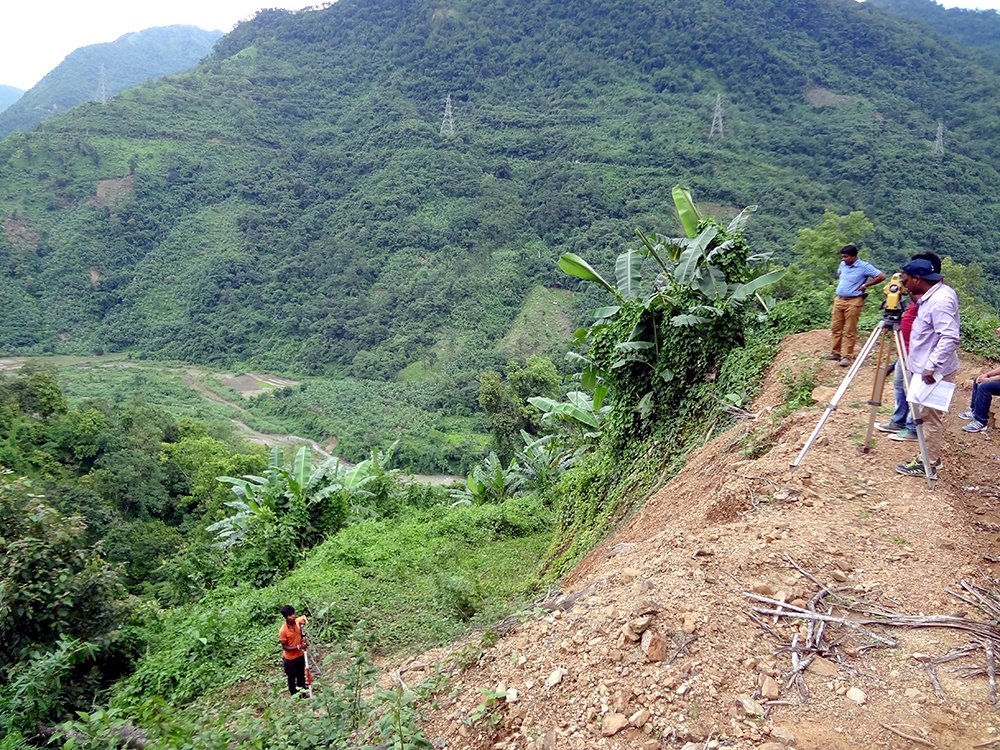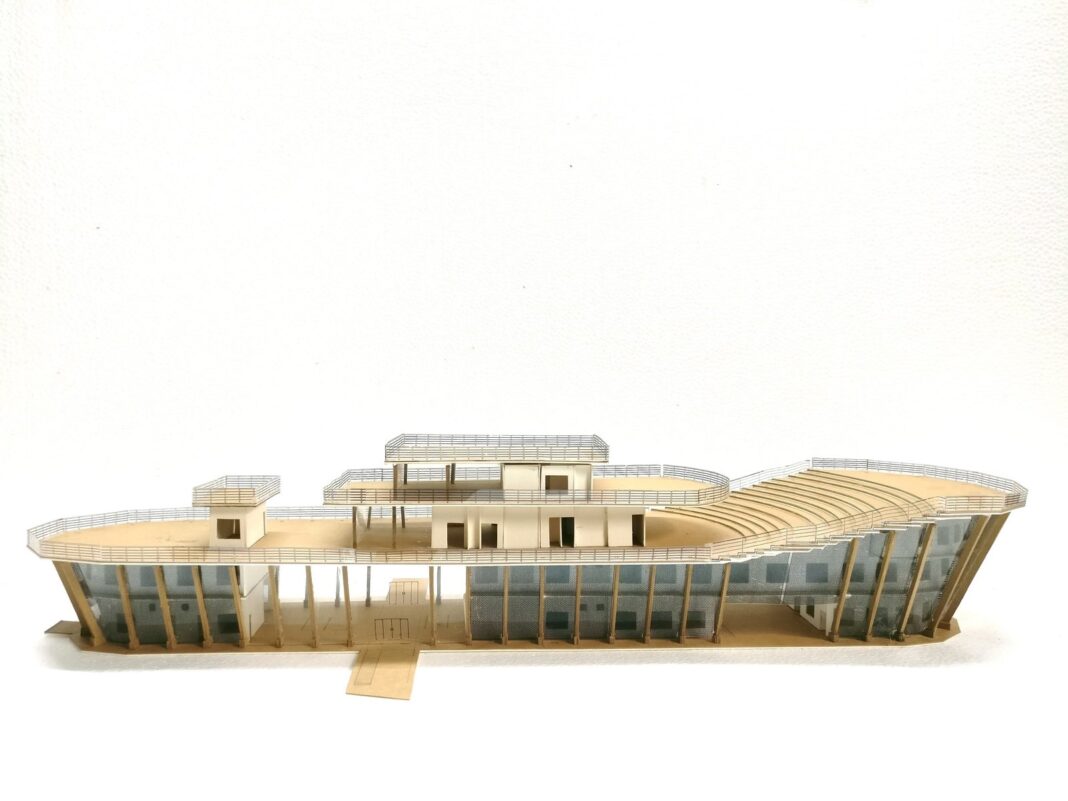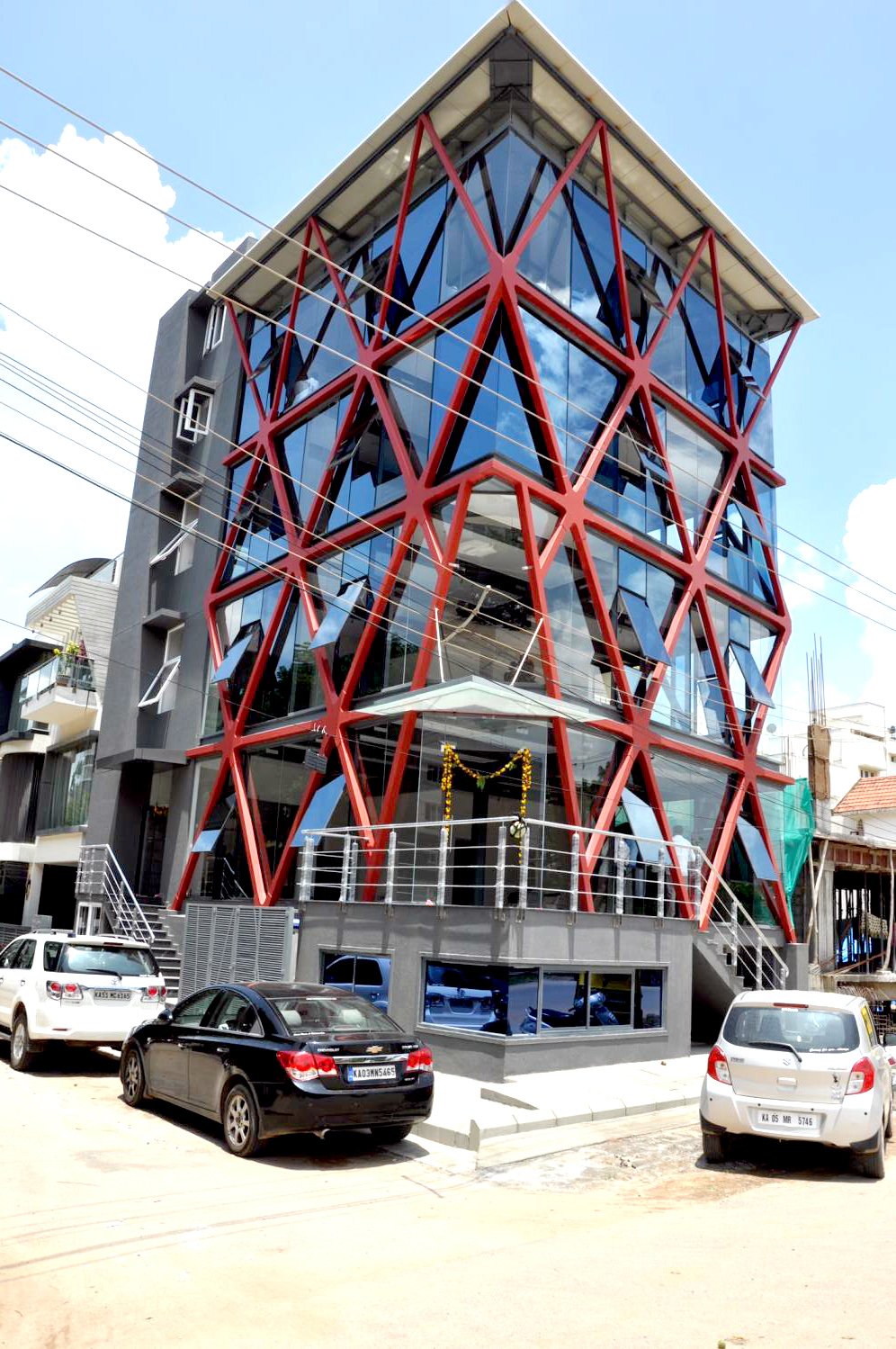Indian Railways has been working strong and steady to connect the North-East with the rest of India. The 111 km-long Jiribam – Tupul – Imphal railway line is one of the many initiatives being undertaken by them in the region. Northeast Frontier Railway as a part of the above initiatives has started construction of new BG rail line between Jiribum-Tupul (Imphal).
NF Railway has accepted the proposal of AECOM for designing bridge no. No.55, 56, 59, 40, 41, 62, 63, 66, 134, 136, 137B, 138, 148, 150, 169A, 169B, 169C, 172 & 176 between Khongsung – Noney – Tupul stations in connection with construction of BG line from Jiribam to Tupul.

Railway transportation is considered as one of the most convenient and efficient way of communication. Railway is a lifeline to the nation as it effectively connects people, brings economic growth, shorten the distance between places divided by difficult terrains, act as cheapest mode of mass transit, supply relief and reinforcement during emergency etc. That is the reason in last few decades need of mountain railway projects has been broadly identified and found as one of the most emerging sectors in infrastructure development. These projects carry many challenges to civil & structure engineering sectors due to its diversity in structural configuration, inaccessibility to site locations, variation in geological and geotechnical aspects and inspection and maintenance during its long-term design life. Though a large community of practicing civil and structural engineers are dealing with these challenges. AECOM has given some state-of-the-art design solutions to the critical challenges at site beyond client’s expectation in this project.
Neil Banerjee
Technical Director, AECOM
Aspects
The feasibility study and submission of three most suitable and cost-effective alternative spanning arrangements (for each bridge) with comparative study covering approximate abstract cost analysis, methodology of construction, feasibility/ease of construction, approximate period of construction, Maintainability etc.
It is a duly conducted detail site survey & preparation of Digital Terrain Model along with geotechnical investigation with study of ground conditions.
Carrying out detailed design of the bridge including foundation and substructure and superstructure in hilly terrain (Jiribam – Tupul section) as per the spanning arrangement/alternative finally decided by the Railway after presentation, to “25 T loading – 2008” standard on curve/straight alignment Seismic Zone-V as per field details as per Railway guidance and convenience, Site specific response spectrum analysis, Wind tunnel testing / modelling in a reputed laboratory.
Providing design support services including technical guidance / service during construction & fabrication. Design of RCC retaining wall to protect Railway embankment / cutting for open foundation or Deep foundation as per requirement.
Carrying out slope stability analysis at desired location showing creep, slip and sign of instability based on soil exploration data.

Structural Uniqueness
The following are the challenges that were overcomes:
- Diversity in structural configuration
- Inaccessibility to site locations
- Variation in geological and geotechnical aspects and inspection
- Stability of Pile Foundation in case of a Slope Failure
- Second order effects on the Tall Piers
- Maintenance during its long-term design life
- Need for a globally acclaimed design and construction guide
- Facilitate the engineer to identify the problems and corresponding mitigations
- Challenging site with respect to Geography and social awareness for the requirement of the project.
Typical Structural Arrangements of the Bridge
Typical Structural Arrangement of Bridge (Longitudinal View) with the followings:
i) Foundation
– Pile system
– Pile Cap
ii) Substructure
– Hollow Circular Pier
– Pier Cap
– Pedestal
– Abutment
iii) Superstructure
– Through Type Steel truss (69m c/c bearing)











